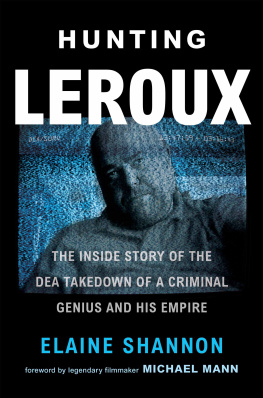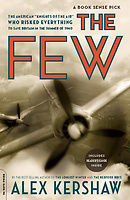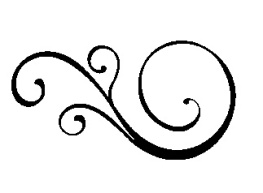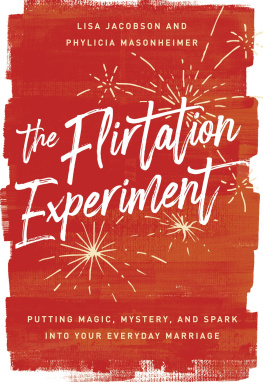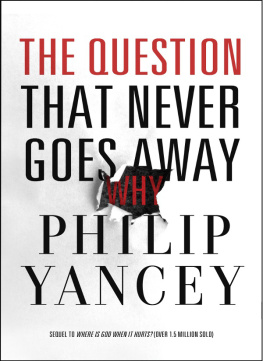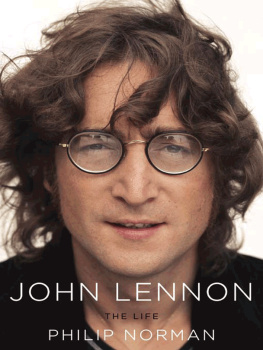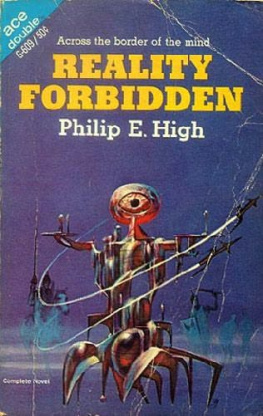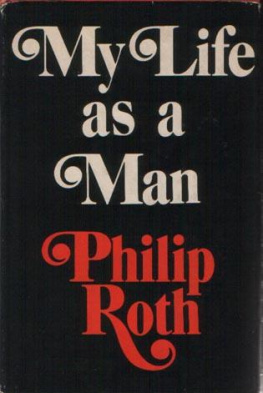Having Everything
ALSO BY JOHN LHEUREUX:
Quick as Dandelions
Rubrics for a Revolution
Picnic in Babylon
One Eye and a Measuring Rod
No Place for Hiding
Tight White Collar
The Clang Birds
Family Affairs
Jessica Fayer
Desires
A Woman Run Mad
Comedians
An Honorable Profession
The Shrine at Altamira
The Handmaid of Desire
Having
Everything
A NOVEL
John LHeureux

Copyright 1999 by John LHeureux
All rights reserved. No part of this book may be reproduced in any form or by any electronic or mechanical means, including information storage and retrieval systems, without permission in writing from the publisher, except by a reviewer, who may quote brief passages in a review. Any members of educational institutions wishing to photocopy part or all of the work for classroom use, or publishers who would like to obtain permission to include the work in an anthology, should send their inquiries to Grove/Atlantic, Inc., 841 Broadway, New York, NY 10003.
PUBLISHERS NOTE
This is a work of fiction. Names, characters, places, and incidents either are the product of the authors imagination or are used fictitiously, and any resemblance to actual persons living or dead, to events, or to locales is entirely coincidental.
ACKNOWLEDGMENT
The author wishes to thank Donald Finkel for permission to reprint a section of his poem Three for Robert Rauschenberg, from A Joyful Noise, 1966, by Donald Finkel, published by Atheneum.
Published simultaneously in Canada
Printed in the United States of America
Library of Congress Cataloging-in-Publication Data
LHeureux, John.
Having everything : a novel / John LHeureux.
p. cm.
eBook ISBN-13: 978-1-5558-4679-4
I. Title.
PS3562.H4H38 1999
813.54dc21 99-28837
DESIGN BY LAURA HAMMOND HOUGH
Grove Press
841 Broadway
New York, NY 10003
for
Susan and Marsh McCall
There must be more to life than having everything.
M. Sendak
Having Everything
ONE
1
Philip Tate was forty-five and he had everythinga distinguished career, a still-beautiful wife, two healthy kids in top schoolsand now he had the Goldman Chair. Furthermore he was a good man, essentially.
He was thinking these things, a comfy self-evaluation appropriate to the moment, as that old fool Aspergarter rose to offer his toast. Philip Tate and his lovely wife Maggie, Aspergarter said, and then blah blah blah, who cares, on and on. Philip looked around the room at his handsome friends in their designer clothes, at the mahogany table and the lead crystal and the heavy sterling, at the deep red walls with the perfectly lit matching Klees, and suddenly he wanted out of here and out of these peoples company and out of this straitjacket life that was suffocating him and made him want to rip off his clothes and scream No and No. He smiled instead and tuned into the toast once again. Aspergarter was still droning onPhilips career as physician, as endocrinologist, as psychiatric voyager blah and blahbut finally, when nobody could stand another second of it, he ground to a halt: To Philip Tate, he said, long life, good health, our eternal esteem. Please raise your glass with me to the new Tyler P. Goldman Chair of Psychiatry.
They all raised their glasses and drank.
Philip stood up. He thanked Aspergarter and this splendid group, his friends, colleagues, their spouses, and said that he was speechlessas he often wasbut this time he would follow his best instincts and say nothing. Except thank you, thank you, thank you.
And so it was over. A truly dreadful evening. Then goodbyes and thanks and more good-byes and at last they were in their car, driving home.
It was a beautiful June night, cool after a long sunny day, the kind of night that made people remark how lucky they were to live in Bostonin Cambridge, actuallythe spring, the fall. But then there were the goddam winters, the ghastly summers well, forget it.
They drove in silence, thinking.
Philip was thinking about the dinner party. From any reasonable point of view, it had been a great success. His friends had been there, some enemies but mostly friends, and they had all been happy for him, or at least most of them had been happy and the rest had pretended, and Maggie had been good, very good in fact, so he too should be happy, shouldnt he? He should be triumphant. But he wasnt.
He smiled at Maggie.
What? she said.
Im feeling happy, he said. Im feeling triumphant.
She looked at him and then at the road that lay ahead of them and said, You cant complain about me tonight. I was very good.
Im feeling happy, I told you. Jesus.
He turned back to the road and after a while she put her hand on his knee, conciliatory.
You know I love you, he said, but it didnt come out right. It sounded practiced. It sounded as if he was just saying what he had to say. Well, fuck a duck, he had tried to be nice.
They drove on in silence.
A few minutes later they turned down Brattle Street and then a quick left and they were home. Philip said, Here we are, and glanced over at Maggie. She smiled, looking straight ahead.
It was nice, Philip, she said. You should be proud.
She got out of the car and headed straight for the house.
In the kitchen she drank a glass of water and took two aspirins. Philip watched her.
What? she said.
Thank you for tonight, he said.
She looked at him, a question.
Thats all I mean, he said, just thank you.
Im all right, she said.
I know, I know, he said.
He kissed her lightly on the lips and looked into her eyes. She looked away and her eyes wandered to the kitchen cabinet where they kept the breakfast cereal and the liquor.
Do you want a drink? he asked. Lets have a drink.
If I want one, Ill take one. I dont have to ask your permission.
Im gonna have one. Let me make you one.
Havent you been toasted enough tonight? You and your goddam Goldman Chair? She turned and left him.
Philip poured himself a scotch. He could hear the bathwater pounding upstairs. Shed be having her secret drink now, he supposed, or taking her pills, or maybe both. She denied it, of course, but what could you do? There was no shorter route to a fight than asking her if she was okay. What is that supposed to mean? shed say. Or shed simply turn on that frozen silence she specialized in. There was no dealing with it. And he had no idea when it had begun, or why, or how serious it was.
He sat at the kitchen table and leafed through an old New Yorker. He could remember laughing at these cartoons but he couldnt remember why. Someday he should make a study of why people laughed. He knew all about Mounier and the mechanistic theory and the cruelty theory and the inappropriate response theory, but he wondered why they really laughed. He had a suspicion that laughter was just another manifestation of despair.
He heard the bathwater being let out. She might come down now and make peace before going to bed. If only he could get through to her. He was a psychiatrist, after all, but that never seemed to make any difference around the house. She was a beautiful woman, very smart, and famous for her wit and charm but above all for her warmth. What on earth had happened to them? He heard her on the stairs and then suddenly she stood in the doorway, her blond hair loose about her shoulders, her face white, and her green eyes glittering with drink. He smiled, nervous.
Next page




